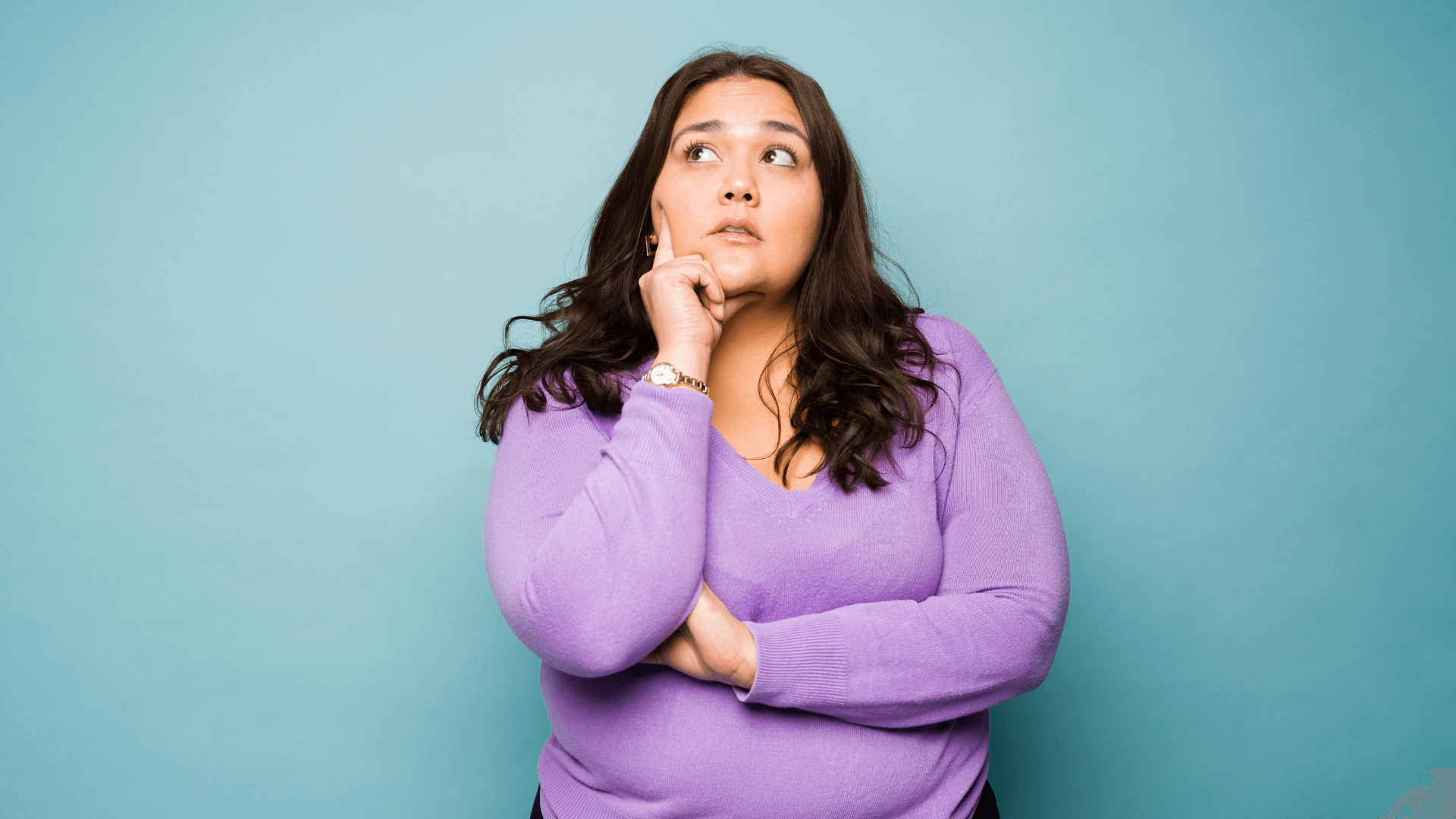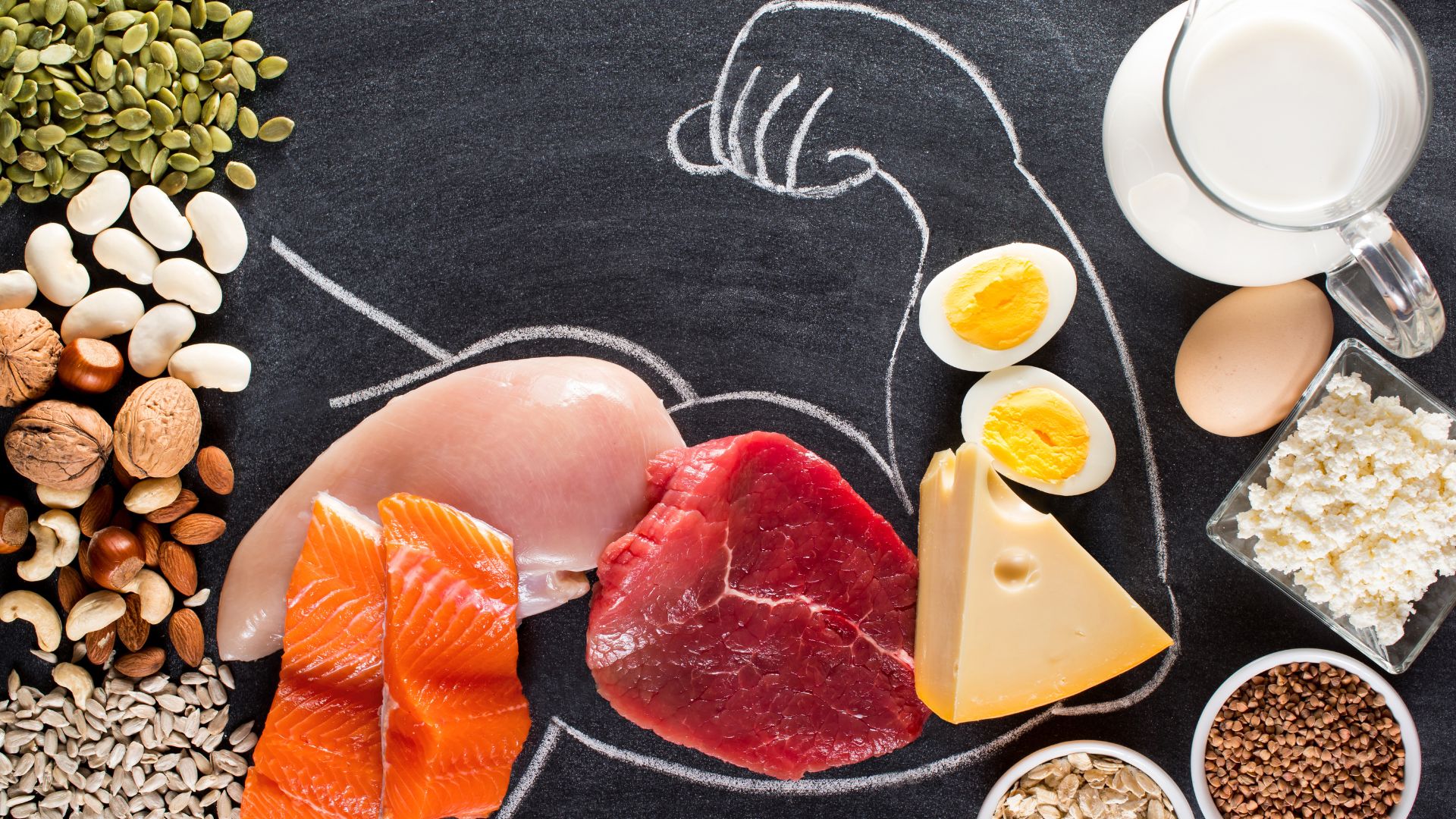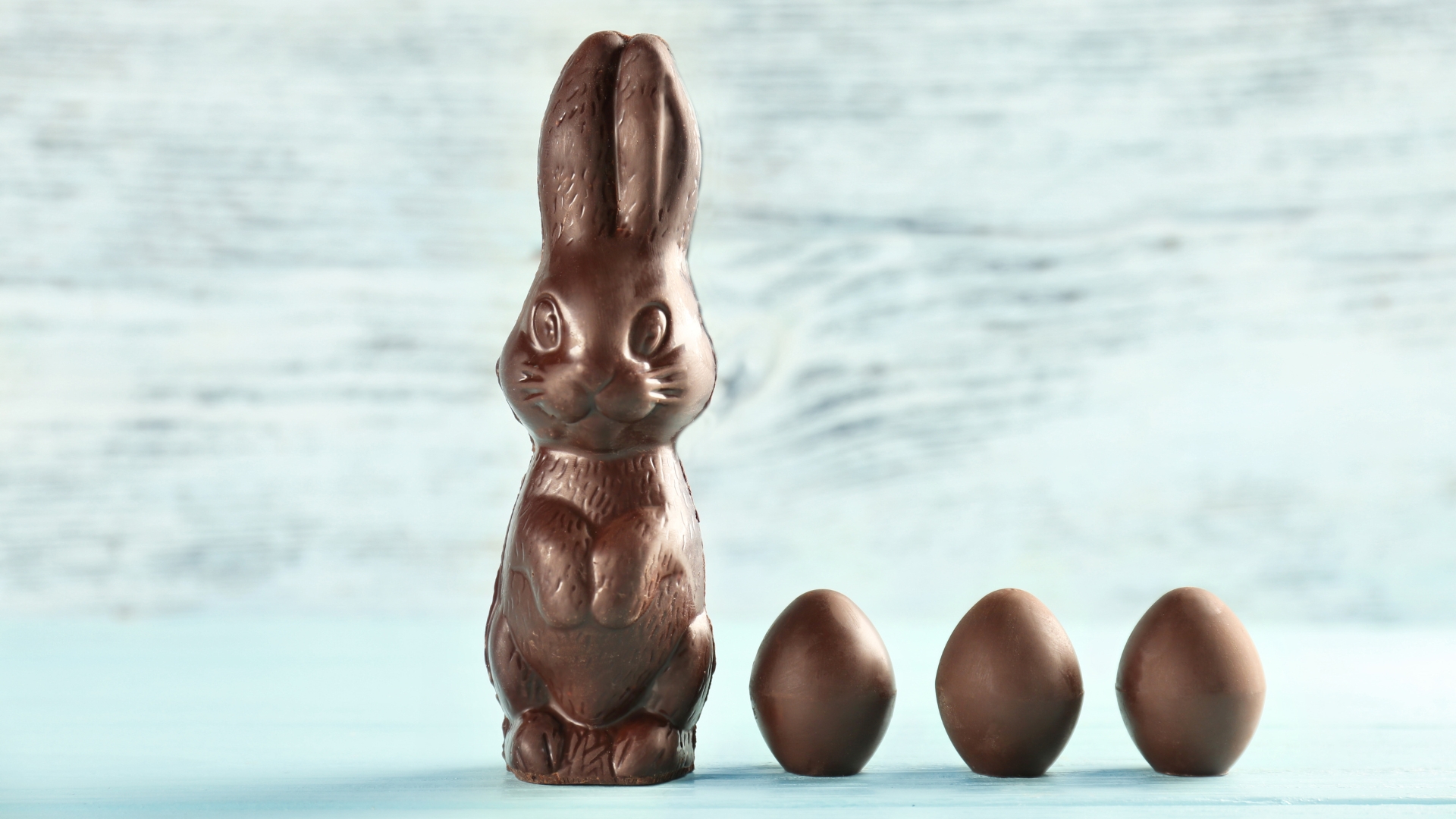11 Foods You May Think Are Healthy but Really Aren’t!
It’s no secret – eating well and being aware of what is going into your body is so important for your health. In fact, studies have shown that for overall health and weight loss, good nutrition and a balanced diet is as effective as regular exercise, sometimes more so. This means filling your plate with the right balance of vegetables and fruit, protein, carbohydrates and healthy fats, all the while trying to avoid eating processed or junk foods.
There are a huge number of benefits to having the correct nutritional balance, both physically and mentally. Healthy eating decreases your risk of further weight gain and obesity, therefore reducing the risk of diabetes, heart disease or stroke as you age. Losing weight also improves our self-esteem, giving us the confidence we need to flaunt our new summer bodies. On top of this, eating the right foods will give you more energy to do the things you love, while also improving your mood and reducing your appetite.
BUT!
With so many wonderful food options out there, it can be hard to know what to eat, and how much. Even harder, there are some sneaky foods that claim to be healthy or ‘sugar free’, but are in fact packed with other nasty things our body doesn’t need. We think this is just plain mean, so we went searching to find 11 foods that everyone thinks are healthy – but really aren’t.
Cereal (especially granola)
Breakfast lovers, look away now! While breakfast cereals such as Sultana Bran and Nutri Grain claim to be high in fibre and a good start to the day, they are actually jam-packed with sugar and high-GI carbs. High GI means instead of a slow release of energy throughout the day, the body gets a massive rush of fast acting energy, then depletes energy levels afterwards. Even worse news, the granola you thought was healthy, actually contains lots of unhealthy fats, and because a normal serving is ¼ cup, you are getting way more unwanted kilojoules and sugar in the morning than you think. Some better choices include Sanitarium Weetbix and Uncle Tobys Oat Flakes, or cereals which have over 10g of fibre and under 15g of sugar per 100 grams. If in doubt, check the label!
Frozen meals
However, it’s not just breakfast that can be a danger to healthy eating. ‘Quick and easy’ frozen meals are generally much higher in energy compared to their homemade equivalents. Convenient yes, healthy – not so much. Lots of extra fat, sugar, sodium and preservatives are added to pre-packaged frozen meals to make it taste fresh and delicious. It is best to make your meals from home out of fresh and simple ingredients to fuel your body with fibre, healthy fats and protein.
Veggie Dips

This is one of the more surprising examples on our list, but yes, store bought vegetable based dips such avocado, French onion or spicy capsicum are packed with saturated fats and preservatives due to the sour cream and cheese blended with the dip. A healthier option is to make it yourself, or if you are buying store bought dips, hummus (pictured above) and tzatziki are better alternatives.
Frozen and flavoured yoghurt
Frozen yoghurt does seem like a healthier alternative, but often the toppings that come with ‘froyo’ can make it more calorific and sugar filled than full fat ice cream. This also goes for flavoured yoghurt, which can contain large amounts of sugar. Having yoghurt in moderation however does improve gut digestion through the high levels of beneficial bacteria.
Muffins

On the surface, muffins seem like a great alternative to a doughnut or croissant, especially if they have berries or other fruits in them. Unfortunately, a single bran muffin can have as many as 1500 kj in them, more than double a Krispy Kreme doughnut! This is a great example of the so called ‘healthier’ option actually being loaded with unhealthy fats and kilojoules, which can result in unwanted weight gain and other health issues.
Juices
We told you it wasn’t going to be fun reading for breakfast lovers! Standard bottles of store bought concentrated juices can contain up to 10 pieces of individual fruit, meaning that a single glass of orange juice, for example, can have as many as 5 teaspoons of sugar in it. This can undo all of the good work done in trying to maintain a balanced diet, and sometimes people won’t even know how much sugar they are actually having in the morning.
“Healthy” chip options
Like with most processed food options, the amount of actual vegetable (whether it be sweet potato or beetroot) that you get in a packet of veggie chips is very small. Instead, corn flour and vegetable powders are used to give the chips their consistency, and with lots of salt added for taste, it’s better to give these items a miss altogether.
Diet coke and other sugar-free options
This is a very common mistake people can make – just because something is sugar free, doesn’t mean it suddenly becomes healthy. In fact, we need sugars constantly for breakdown of energy in our body – it’s just the processed sugars we want to avoid. With something like Diet Coke, the massive caffeine and sodium levels dehydrate your body, resulting in headaches and increased thirst. Other sugar free foods contain artificial sweeteners and have similar calorie levels anyway, so it’s best to look closely at what you are buying before you do.
Trail Mix
Similar to yoghurt, trail mix in itself isn’t particularly unhealthy, but when some brands come with sweets, chocolate and dried fruit (a big source of sugar) it does more harm than good. Unsalted trail mixes with a good balance of nuts and fruit are a better way to go.
“Fat free” or “low fat” options
This is a bit of a tricky one. In Australia, our guidelines recommend low fat dairy products for adults. This means that low fat milk, cheese and natural or Greek yoghurt are all okay to have in moderation. However, according to a recent study, pre-packaged non-dairy foods that claim to be low fat or fat free were discovered to be up to 10% more energy rich, and a staggering 40% more sugar-rich. When fat is taken out of foods, artificial flavouring and sugar are added to compensate – it is healthier to have the full fat option, just in moderation.
Salad Dressing
While maybe not considered healthy, lots of pre-bought salads come with their own dressing. And despite choosing the healthier option, the amount of sodium and added preservatives that come with store bought salad dressing turns a great salad option into an unhealthier one.
While we can’t make a list of all the unhealthy foods out there, we hope that you might be able to see some of the major foods that many people fall into the trap of thinking are healthy. Remember, healthy eating and proper nutrition doesn’t mean crash diets that force you to starve yourselves – getting the correct balance of foods, especially vegetables, is the best place to start your weight loss journey.
Sources
https://nutritionstripped.com/healthy-foods-deceptively-bad/
https://spoonuniversity.com/lifestyle/19-misleading-foods-that-seem-healthy-but-arent








